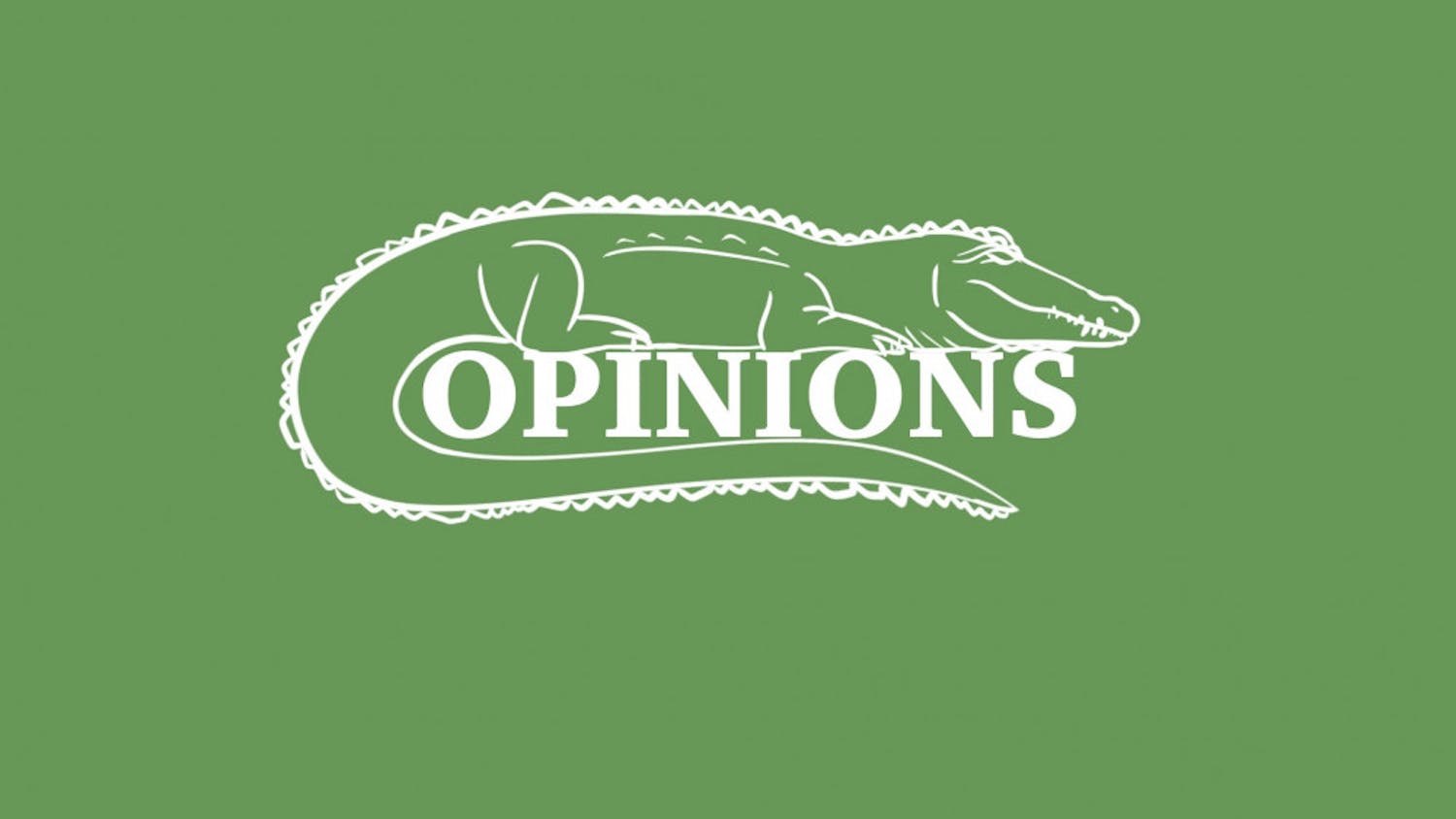During the next month, the Obama administration plans to release a new health care bill of rights, and the buzzword within appears to be “force.” The bill details how government is either forcing people to have coverage or forcing companies to cover them. For a country of free markets, there appears to be a growing number of limitations and rules.
Here’s the thing: Despite Republicans’ adamant protests against the nationalized system, they still want health care for every citizen. My dislike of the nationalized system does not stem from a desire for some to have access to health care and some not. I love my fellow citizens, and they deserve to be provided for if they cannot make it on their own.
The key here is “if they cannot make it on their own.” The current plan forces working citizens to provide help to people who might not need it. Like many government entitlement programs, it provides coverage for free-riders and people who would take advantage of the system with no oversight. Why? Because that’s how the government operates: no-budget, little-oversight programs that make politicians in power look good and pass the cost to citizens.
That said, we still need a solution. So, how do we provide for those who truly need help while keeping oversight and accountability? We keep government out of the process.
If I were in office, I would work to support reform that provides tax incentives for the operation and support of private, nonprofit organizations working on a local level to support the needy. For example, I used to work for the United Way’s Loaned Executive Program. Its mission is to provide programs that support the community, ensure accountability and reduce dependency. Imagine that. Reducing dependency is a novel concept to the government.
One of the United Way’s programs focused on children’s dental work. It provided dental work for more than 1,000 children in an area school. Because tooth-related problems are the No. 1 reason for in-class distractions, this program provides health care and builds futures for the participants, eventually allowing them to further their own charity work rather than depend on it.
If the government devoted even a fraction of the resources to supporting nonprofits that is does to nationalized health care, imagine what good could be done. We wouldn’t be accumulating uncontrollable debt with a plan like this, because it does not require the government to spend but simply reduces the tax burden on citizens who support nonprofits. With a tax cut, nonprofits could potentially operate at lower costs and receive increased financial support. More could open, and every niche that the nonprofit community could fill would be filled.
There would be certain areas where the government would have to step in. The health care system cannot entirely rely on private interests. But if we implement a system of programs specialized to local needs with accountability, oversight and supplemental efforts by the government, we could provide health care to citizens who cannot provide for themselves in a more adept and efficient manner.
The only trouble with this solution is getting the government to admit when it is unable to do something at optimum efficiency. I wish the government would replace its favorite word, “force,” with “efficiency.” Then, we might have a sustainable health care system for those who need it.
Bryan Griffin is a first-year law student.





